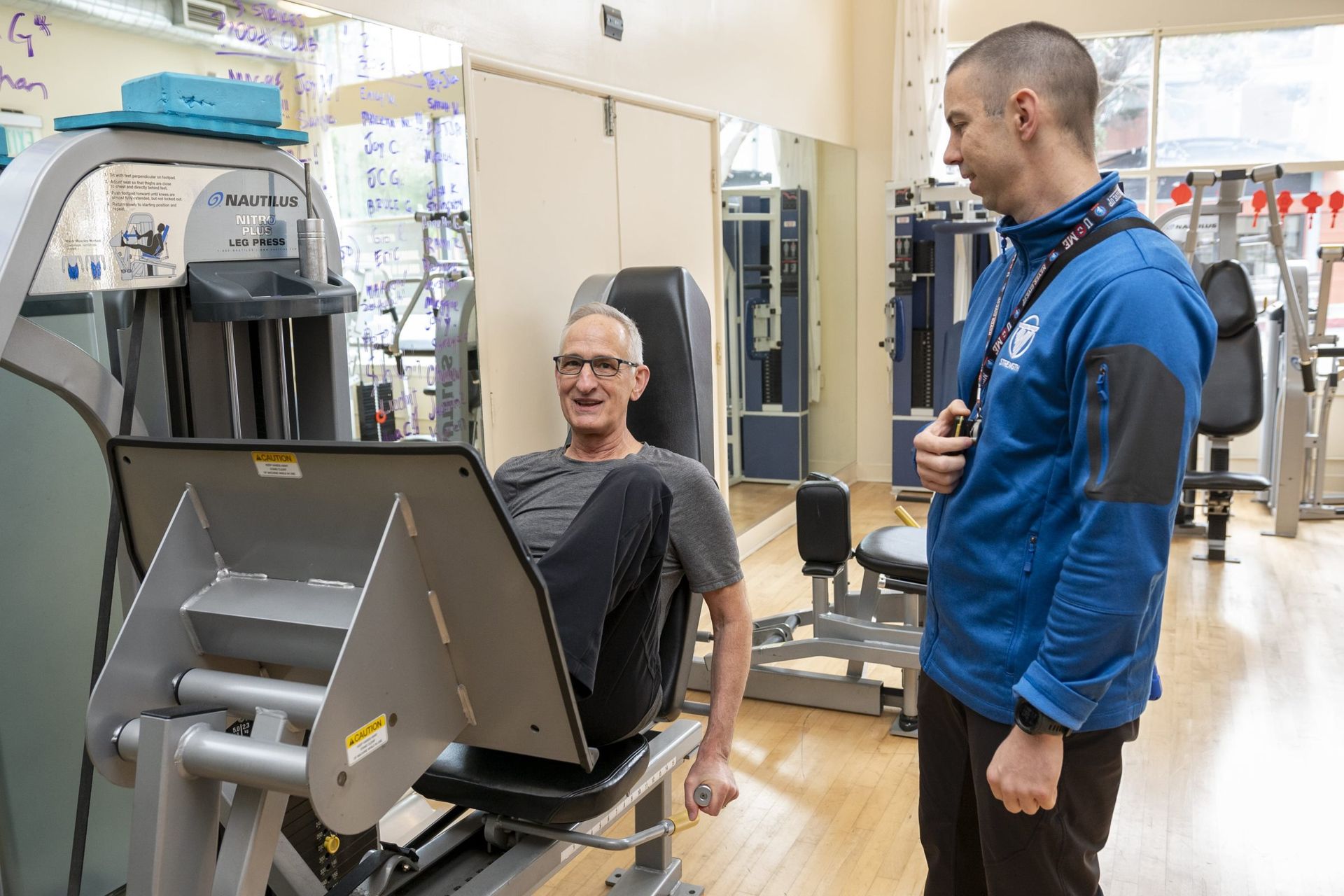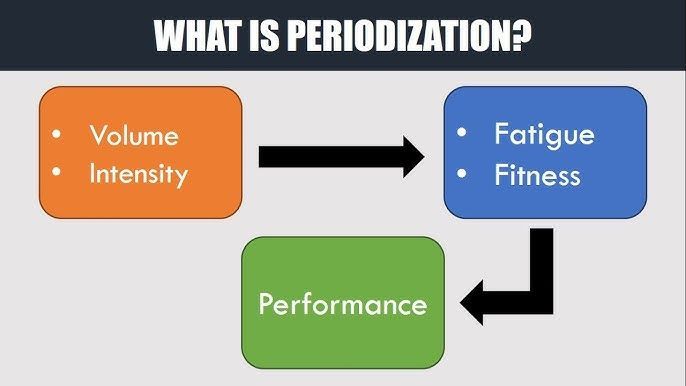The TNT Strength Trifecta: Progressive Overload, Precision Execution, and Meticulous Record-Keeping
If you’ve been around the TNT Strength universe for any length of time, you’ve probably heard us say this a hundred different ways: Strength training is simple—but it ain’t easy.
Whether you’re training to build muscle, burn fat, boost longevity, or just dominate life well into your 70s and beyond, there are three key principles that will carry you further than any trendy routine or flashy piece of equipment ever will. I call this the TNT Strength Trifecta: Progressive Overload, Safe and Precise Rep Execution, and Meticulous Record Keeping.
Let’s break down each pillar and why skipping any one of them is a fast track to spinning your wheels.
1. Progressive Overload: The Engine of Growth
If you’re not challenging the body to do just a little more over time, you’re not training—you’re rehearsing. Progressive overload is the gradual increase of stress placed on the body during resistance training. That could mean more weight, more reps, better form, slower tempo, or reduced rest between sets.
At TNT Strength, we don’t just chase the numbers—we chase quality progression. It’s not about ego lifting. It’s about intelligent, incremental improvements that your body can adapt to. That’s where the real magic happens.
You don’t need to jump five pounds every workout, but you do need to have a plan for improvement. No progression? No results.
2. Safe & Precise Rep Execution: Quality Over Quantity
This one can’t be emphasized enough. Form is everything. You can slap plates on a bar all day long, but if your reps are sloppy, you’re not only shortchanging your results—you’re courting injury.
At TNT Strength, we teach controlled, focused, full-range reps. That means:
- Eliminating momentum
- Using a deliberate tempo (often slow and controlled)
- Maintaining proper alignment and posture
- Staying present for every inch of every rep
When you do this right, you’ll find you don’t need marathon workouts or tons of volume. One properly executed set to muscular failure can be more effective than five half-hearted ones. But that’s only true when your form is dialed in like a laser.
3. Meticulous Record Keeping: Your Personal Progress GPS
Want to know the difference between a lifter who makes consistent gains for decades and one who stalls out after six months? The smart lifter takes notes.
We track every TNT Strength clients workouts meticulously. Not just weight and reps, but effort level, rest times, tempo, and even how they felt during the session. Why?
Because you can’t improve what you don’t measure.
Keeping detailed records allows you to:
- Spot plateaus before they become ruts
- See patterns in your progress
- Know exactly when and how to adjust your program
- Stay motivated by seeing your growth in black and white
Whether you use an app, spreadsheet, or good old-fashioned notebook, the key is consistency. Data is your coach when your coach isn’t there.
TAKU's NOTE:
Strength training done right is a lifetime pursuit. It’s not about chasing pump pics for the ‘gram—it’s about building a body that performs, lasts, and thrives. The TNT Strength Trifecta—Progressive Overload, Safe Rep Execution, and Meticulous Record Keeping—is your blueprint.
Respect the process. Trust the fundamentals. And remember, progress isn’t always linear, but it is always earned.
Train hard. Train smart. Train safe.
Want help dialing in your personal training plan? Book a free strategy call at TNTStrength.com and let’s talk.
References:
Frontiers in Physiology – “Biological Principles of Physical Training and Progressive Overload”
https://www.frontiersin.org/articles/10.3389/fphys.2019.00839/full
Stronger by Science – “Progressive Overload Strategies: Which is Best?”
https://www.strongerbyscience.com/progressive-overload-strategies
British Journal of Sports Medicine – “Strength training for injury prevention: A systematic review and meta-analysis”
https://bjsm.bmj.com/content/52/24/1557
International Sports Sciences Association (ISSA) – “How to Track Strength Training Progress for Better Results”
https://www.issaonline.com/blog/post/how-to-track-strength-training-progress-for-better-results
MPS Running Academy – “Training Diaries: Why and How to Keep One”
https://www.mpsrunningacademy.co.uk/resources/diary.pdf
Recent Articles


















